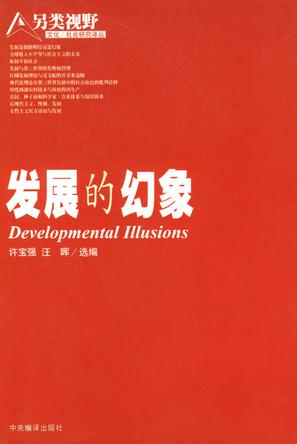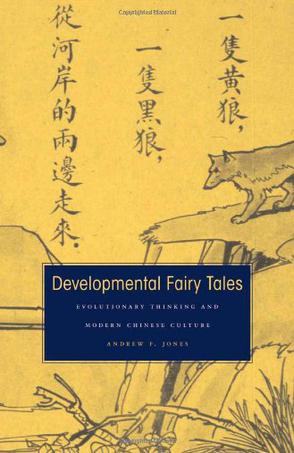欢迎来到相识电子书!
标签:发展主义
-
发展的幻象
本书所选编的文章旨在对发展主义进行批判;所谓发展主义是一种意识形态,一种认为经济增长是社会进步的先决条件的信念,以经济增长作为主要目标依据不同的手段例如高科技、工业化、国家干预或市场机制,产生出不同版本的发展主义学说。作为一种意识形态各类发展主义学说都没有反思一系列类似沃勒斯坦所提出的基本问题:什么是发展?为谁或为什么要发展?什么在发展?经济增长是否就等于改善了人们的福利、提高人们的生活质量?经济增长过程中,不同社群所付出的代价又是什么?对弱势群体(如原住民和女性)的影响又是什么?除了现代化和工业化以外,有没有另类的发展(或“不发展”)轨道能更直接改善人们的生活?谋求发展有什么政治含义?这些都是发展主义忽略了的重要课题。收编于本文集的文章所要讨论的也正是这些课题。 -
Developmental Fairy Tales
In 1992 Deng Xiaoping famously declared, "Development is the only hard imperative." What ensued was the transformation of China from a socialist state to a capitalist market economy. The spirit of development has since become the prevailing creed of the People's Republic, helping to bring about unprecedented modern prosperity, but also creating new forms of poverty, staggering social upheaval, physical dislocation, and environmental destruction. In Developmental Fairy Tales, Andrew Jones asserts that the groundwork for this recent transformation was laid in the late nineteenth century, with the translation of the evolutionary works of Lamarck, Darwin, and Spencer into Chinese letters. He traces the ways that the evolutionary narrative itself evolved into a form of vernacular knowledge which dissolved the boundaries between beast and man and reframed childhood development as a recapitulation of civilizational ascent, through which a beleaguered China might struggle for existence and claim a place in the modern world-system. This narrative left an indelible imprint on China's literature and popular media, from children's primers to print culture, from fairy tales to filmmaking. Jones's analysis offers an innovative and interdisciplinary angle of vision on China's cultural evolution. He focuses especially on China's foremost modern writer and public intellectual, Lu Xun, in whose work the fierce contradictions of his generation's developmentalist aspirations became the stuff of pedagogical parable. Developmental Fairy Tales revises our understanding of literature's role in the making of modern China by revising our understanding of developmentalism's role in modern Chinese literature.
热门标签
下载排行榜
- 1 梦的解析:最佳译本
- 2 李鸿章全传
- 3 淡定的智慧
- 4 心理操控术
- 5 哈佛口才课
- 6 俗世奇人
- 7 日瓦戈医生
- 8 笑死你的逻辑学
- 9 历史老师没教过的历史
- 10 1分钟和陌生人成为朋友


